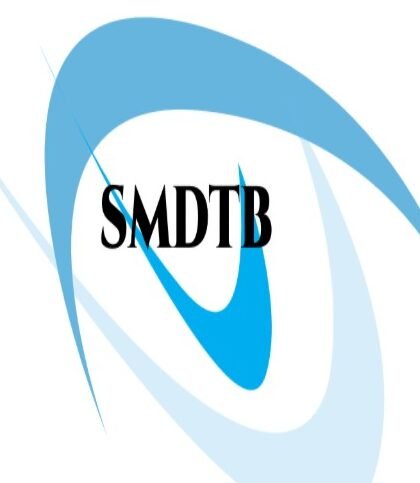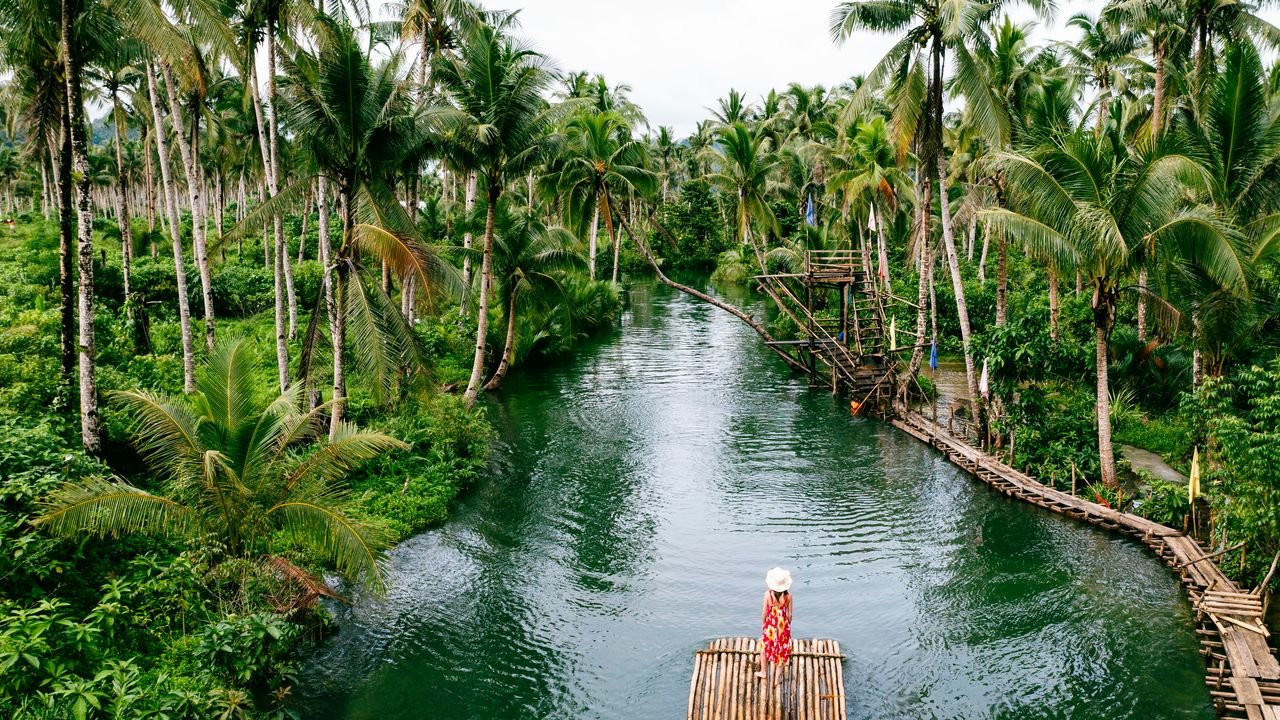In an attempt to put the Philippines on the map as the hub of remote work, President Ferdinand “Bongbong” Marcos Jr. signed Executive Order 86 in April to authorise the issue of digital nomad visas (DNV) to remote workers. Under this scheme, digital nomads can now work in the Philippines for up to a year with the option to extend their visa for another year. Imagine trading your traditional nine-to-five for a more fulfilling workday in the midst of ocean breeze and rugged cliffs in the Philippines’ islands. Sounds like a far-fetched dream? Well, not anymore. You can combine work and play with a Philippines digital nomad visa and explore the archipelagic country’s culture, local cuisine, and stunning landscapes.To apply for the digital nomad visa for the Philippines, the applicant must be at least 18 years old. The applicant should also not be a threat to the internal or external security of the Philippines and also not be employed in the country. The Philippines digital nomad visa launched in late June. The cost of the visa depends on its type: Single entry (three months validity): USD65 (Rs5,503), Multiple entry (six months validity): USD105 (Rs8,890), Multiple entry (one year validity): USD145 (Rs12,275). The following documents are required for the Philippines digital nomad visa: Proof of remote work using digital technology, Proof of sufficient income generated outside the Philippines, Proof of no criminal record, and Health insurance valid for the period of the DNV. – Khushi Dewan
US to introduce a new $250 visa integrity fee
Visiting the United States is about to get significantly more expensive thanks to a new US visa fee increase. Federal lawmakers have approved a hefty new visa fee that will soon apply to a large number of tourists entering the US. As part of the Trump administration’s One Big Beautiful Bill Act that was signed into law on July 4, a new $250 (Rs21,539) “visa integrity fee” will be charged to any US visitor who needs a nonimmigrant visa. The fees will apply to student visas, work visas, and other special visas, including: F-1 and F-2 student visas; J-1 and J-2 exchange visas; H1-b and H-4 temporary work visas, and other employment and visitor categories. The $250 payment will be charged in addition to other US visa fees. That means visitors will need to pay it along with any other reciprocity fees, anti-fraud fees, and “machine-readable visa” (MRV) application fees, the amounts of which can vary by visa type. For Indian nationals, this additional fee will bring their average visa costs to approximately $473 (Rs40,785), depending on which visa they are applying for. Those applying for business and tourism (B1 and B2 categories) visitor visas, will be charged a total fee of around $425 (Rs36,690). The visa integrity fee will not be waivable or reducible. According to Envoy Global, the Department of Homeland Security may potentially reimburse visitors if they fully comply with the terms of their visa by departing the US promptly when their visa authorisation period ends, extending their nonimmigrant status, or changing their status to lawful permanent resident. Indian tourists are not exempt from this fee. So far, the fee’s start date has not been officially announced. However, it could go into effect with the start of the new fiscal year in the US. That date would be October 1, 2025. – Jessica Puckett
Social media vetting is now a part of US student visa applications
Foreign nationals applying for student and exchange visitor visas to the United States are now required to make their social media accounts public, following a sharp escalation in digital vetting norms implemented by US authorities. The directive applies to applicants for F, M, and J category nonimmigrant visas including students, trainees, researchers, and interns. As of June 23, 2025, all applicants in the F, M, or J visa categories must set their social media accounts to “public” to allow US consular officers to access and assess their online presence. In addition to this, applicants must list all social media handles or usernames used over the past five years in the DS-160 visa application form. Consular officers reviewing social media profiles are instructed to flag content that could raise national security concerns or indicate potential inadmissibility. This includes posts or affiliations deemed hostile to the United States, support for extremist or terrorist groups, and violent, antisemitic, or otherwise threatening behaviour. Public posts, comments, likes, and even affiliations with certain online groups may be scrutinised. Applicants are advised not to delete older posts or deactivate accounts immediately before applying, as this could be interpreted as an attempt to conceal information. Maintaining consistent usernames across platforms is also encouraged to avoid confusion or suspicion. Although past use of private accounts may not be penalised, current privacy settings must be public to comply with this requirement. Content that could be perceived as inflammatory or politically charged may complicate the application process, even if it was not originally intended to raise red flags. – Karina Acharya


